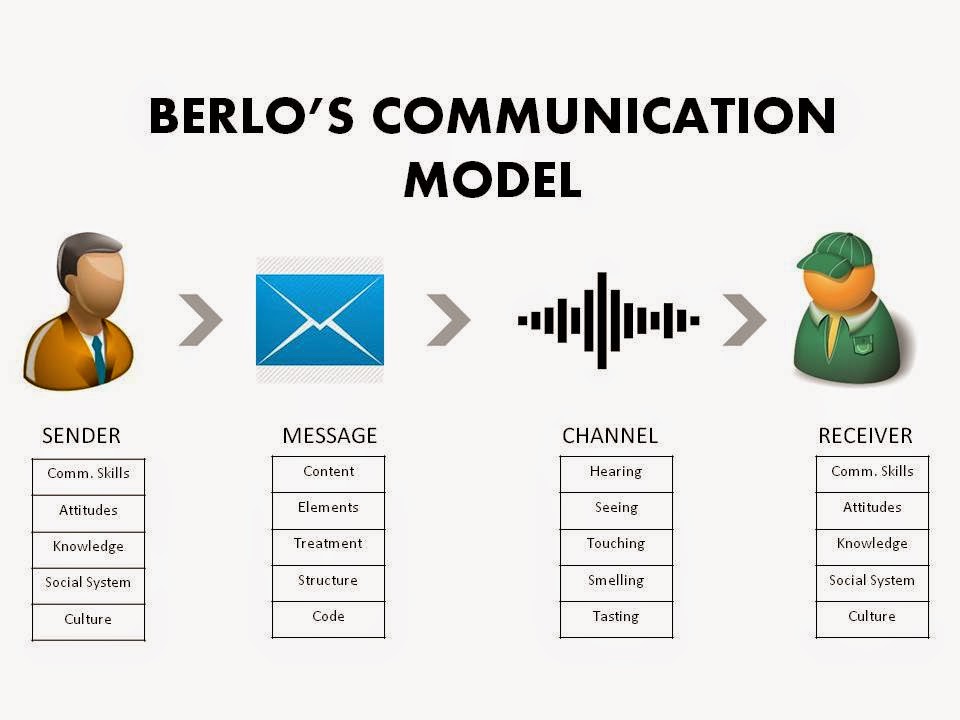The mention of the acronym iCGPA would either send a sense of meaningfulness or a shiver through the spine of academics. A smile or a frown. A positive or negative response. It depends very much on how much (or lack of) correct information one has.
Standing for integrated Cumulative Grade Point Average, it is a novel mechanism to report the performance of tertiary students' attainment of an academic programme learning outcomes that are designed based on the 8 Learning Outcome Domains stipulated by the Malaysian Qualification Agency (MQA). All public and private universities in Malaysia must design their academic programmes according to these domains and get accreditation from the MQA.
The reporting of the attainment uses the radar graph that looks like a spider web with 8 strands/spindles. Each strand represents each learning outcome domain: 1) Knowledge, 2) Practical Skills, 3) Social Skills and Responsibilities, 4) Values, Ethics and Professionalism, 5) Communication, Leadership and Teamwork Skills, 6) Problem Solving and Scientific Skills, 7) Information Management and Life Long Learning Skills, and 8) Managerial and Entrepreneurial Skills.
To achieve that, the curriculum design of an academic programme such as Dentistry and Applied Language Studies has to be deeply thought and deliberated with the main learning outcome domains in mind. What main attributes must the graduates from both programmes have? Logically, graduates from both fields of study must exhibit different skills set which are uniquely representing the tools of the trade for each field. That is precisely the 2 main intention of iCGPA: 1) to be able to show explicitly that students of a particular field of study must demonstrate the abilities to perform according to the needs of a related profession, and 2) to be able to nurture attributes that build well-rounded, holistic persons/graduates.
These are the mission, vision and aspirations of the nation to address the needs of the future workforce. It is about the redesigning of the current academic curriculum.
Berkongsi Ilmu Bermanfaat Sharing Beneficial Knowledge
A Blog Dedicated to Education and Life
Sunday, 26 February 2017
Saturday, 4 April 2015
Lulled by work...
A strong message in Islam. Humans ‘sleep’ when they are alive but are “awake” only when they are dead. By then it will already be late to repent. Have we done enough?
Thursday, 30 October 2014
Wednesday, 15 October 2014
Wednesday, 1 October 2014
Student Profile
Each faculty/programme should have a generic Student Profile as the term of reference to decide relevant and meaningful assessment methods.
Tuesday, 23 September 2014
Addressing Plagiarism @ the U
Most students plagiarise because of several reasons.
- They want to sound and be like seasoned academic writers/authors.
- They have limited or no knowledge about writing academic articles according to the style and conventions of academic writing genre.
- They want to complete written academic assignments in the fastest manner possible (shortest time but with little effort).
- They are not accustomed to the concept of writing in drafts before achieving the final version.
 |
| Stealing ideas from others |
To avoid committing plagiarism, students should be made aware of strategies that they can acquire. They can learn to unlearn the misconceptions and incorrect practices about academic writing skills that they acquired in the past. In acquiring academic writing skills, several main strategies are listed below:
 |
| Distinguishing the forest and the trees |
 |
| Constructing the unifying blocks |
 |
| Analysing the moves |
Tuesday, 16 September 2014
Student Engagement in Class
Providing a platform for students to be empowered, express their thoughts and learn meaningfully is essential for them to excercise their cognitive, affective and psychomotor abilities.
 |
| EPC460 class: Members of Team_1 Nazeem, Mimi, Felicia, Nani, Nik, Ahmad Sabirin Hussin (ASH) |
 |
| EPC460 class: Members of Team_2 Alleef Ashaari, Zalikha, Intan, Nadhrah, Raja Nazmi |
Coming soon: Video of their presentations
Communication Process
 |
| Team_1 |
 |
| Team_2 |
Communication Models
 |
| Team_1 |
 |
| Team_1 |
 |
| Team_2 |
 |
| Team_2 |
SELF DISCLOSURE
Subscribe to:
Comments (Atom)



.jpg)

